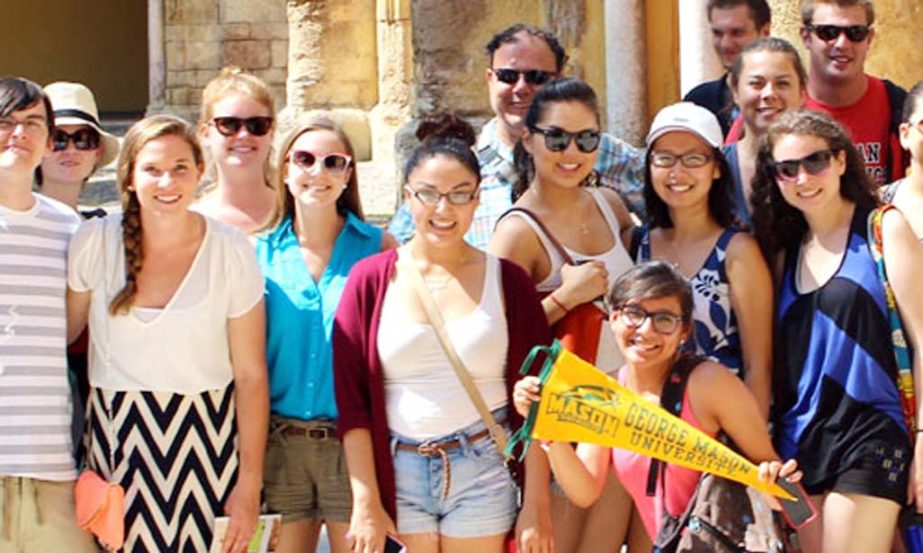
Campus Desk :France’s success in attracting students from around the world reflects not only the excellence of higher education in France, but also the quality of daily life, the variety and richness of French culture, and the easy access to the rest of Europe students enjoy while earning their degree.France is the first non-English speaking country for recruiting foreign students, and provides a wide offer of training’s taught in English. It is thus no longer needed to be fluent in French to study in France. Studies to obtain a degree are completed by French classes, an additional asset in an international career, since it paves the way to 75 French-speaking countries.Key figures on higher education in France: 85 Public universities, 224 Engineering schools, 220 Business schools, 291 Doctoral departments, 1200 Research laboratories, 1 out of every 3 French doctoral degrees is awarded to a student from outside France.Basic standard student tuition fees in France are 183 Euros per year for a Bachelor degree, and 254 EUR per year for masters degrees – plus a few other extras that can push the price up by a small percentage on top of this. Add to this subsidized student restaurants, cheap public transport, subsidized halls of residence, and what are you waiting for? If you can get by reasonably well in French, there’s a whole alternative university system waiting for you! And in French universities there are no caps on student numbers, except in certain courses such as Medicine. If you can’t get by reasonably well in French, there are even some Masters taught largely in English (though fees may be a bit higher on these).After 3 years in a French university, you’ll be virtually bilingual – a skill that is very useful in a country like the UK where so few people speak a second European language properly. Besides, if you want to get a job with international prospects and travel, experience of living in at least two countries for good lengths of time is always a bonus on any CV.As a foreign student, you will find it easier integrating into French student life and society by enrolling in a provincial university. There are big universities in big cities like Lyons, Lille or Toulouse. There are big universities in medium-big cities like Bordeaux, Grenoble, Montpellier, Rennes, Nancy and Strasbourg. And there are smaller universities in a lot of lesser known, but attractive, regional centers such as Aix-en-Provence, Amiens, Angers, Avignon, Besan?on, Caen, Clermont Ferrand, Dijon, Orleans, Le Mans, Limoges, Nice, Pau, Poitiers, etc. In many respects, it is in the smallest university towns that integration is easiest.

